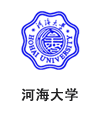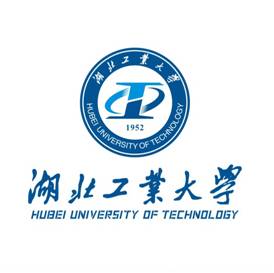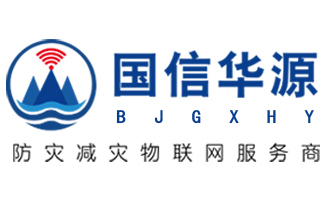
|
| 首页 >> 新闻报道 |
| 关于参加第33届IAHR大会的通知 |
| 作者: 来源: IAHR中国分会秘书处 发布日期: 2008-12-01 |
|
各位学者、老师和同学, 第33届国际水利学大会(33rd IAHR CONGRESS)将于2009年8月11-14日在加拿大温哥华召开。 大会由美国ASCE环境水资源协会(EWRI-ASCE), 美国ASCE海岸海港与河流协会(COPRI-ASCE), 英属哥伦比亚大学(UBC), 和加拿大土木工程师协会(CSCE)共同举办,并且同2009加拿大水利技术研讨会同时进行。 本届会议主题是 “Water Engineering for a Sustainable Environment”。 有6个议题,重点是环境方面,详见下文。 日前,由中国水科院、四川大学、清华大学和香港大学联合申办2013年第35届国际水利学大会取得成功。为了开好2013年第35届IAHR大会,IAHR中国分会希望中国广大水利工作者、老师和学生积极参会,踊跃投稿。摘要截稿日期为2008年12月1日,请在网上递交摘要。 会议网址:www.iahr2009.org 论文投稿网址:http://content.asce.org/conferences/iahr09/index.html IAHR中国分会 33rd IAHR CONGRESS the 33rd International Association of Hydraulic Engineering & Research (IAHR) Biennial Congress, Themed “Water Engineering for a Sustainable Environment,” the Congress focuses on the central roles of hydraulic engineering and hydroinformatics in water engineering for a sustainable environment, and how these roles link to broader aspects of environment sustainability in watershed and coastal settings. CONGRESS TOPICS: Topic A. Advances in the Fundamentals of Water Science and Engineering This topic concentrates on new ideas and general fundamental concepts facilitating the advance of engineering hydraulics. A-1. The mechanics of water flow Topic B. Water Engineering in Support of Built Environments This topic focuses on applied science and engineering to support the energy, water supply, and water-management needs of human infrastructure. B-1. Flow conveyance systems Topic C. Water Engineering for the Protection and Enhancement of Natural Watershed and Aquifer Environments This topic revolves around the processes and engineering activities associated with the environmental aspects of water flow in watersheds and aquifers. C-1. Eco-hydraulics (including natural and commercial fisheries) S-7. Special Seminar: Climate Change* Topic D. Water Engineering for Sustainable Coastal and Offshore Environments (Built and Natural) This topic examines natural processes and engineering activities associated with the well-being of marine and coastal environments, both built and natural. D-1. Advances in understanding, modeling, and forecasting waves S-8. Special Seminar: Marine Current Power* Topic E. Advances in Hydroinformatics for Integrated Watershed and Coast Management This topic links hydraulic engineering work with contemporary developments in cyber-based, or hydroinformatic, methods for monitoring and managing watersheds and coastal regions. E-1. Observational data models S-10. Special Seminar: International Flood Initiative* Topic F. Education, History, Social/Economic Impacts This topic focuses on the education and training aspects of water engineering. Additionally, it includes presentations on the historical impacts of hydraulic engineering, and on biographical facets of notable hydraulicians. F-1. Fundamentals, Expts, Modeling, Instrumentation |
|
|
| International Association for Hydro-Environment Engineering and Research China (Mainland) Chapter |










